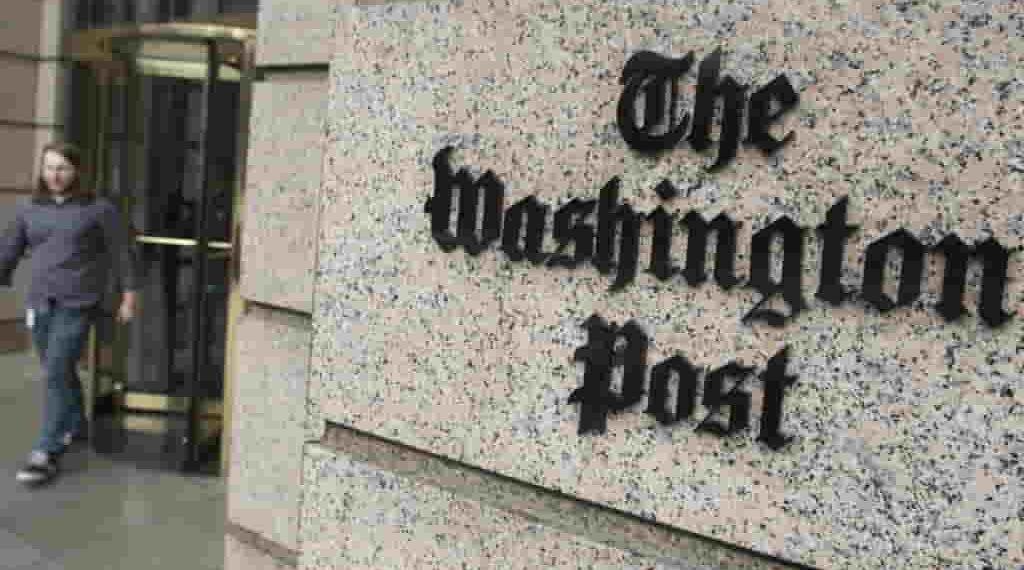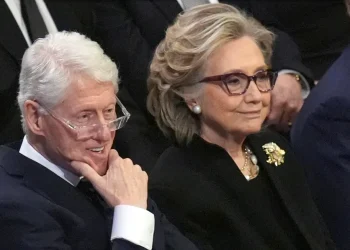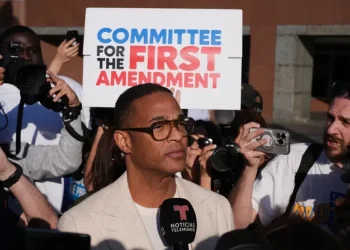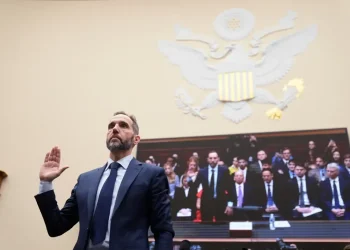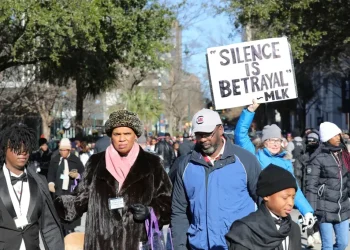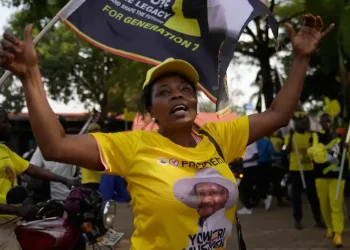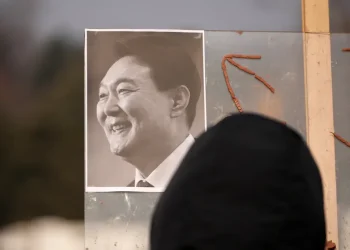The Washington Post’s Return to Independence: No Presidential Endorsements for 2024 and Beyond.
William Lewis serves as the publisher and chief executive officer of The Washington Post.
In a significant editorial decision, The Washington Post has announced it will refrain from endorsing any presidential candidate in this election cycle and in future presidential elections. This shift marks a return to the publication’s foundational principles of non-endorsement.
As articulated by our Editorial Board in 1960:
“The Washington Post has not ‘endorsed’ either candidate in the presidential campaign. This aligns with our tradition and reflects our actions in five of the last six elections. The exceptional circumstances surrounding the 1952 election led us to endorse General Eisenhower prior to the nominating conventions, a decision we reiterated during the campaign. In hindsight, while we believe the arguments for his nomination and election were compelling, we recognize that it may have been wiser for an independent newspaper in the Nation’s Capital to have avoided formal endorsement.”
The Editorial Board also highlighted two crucial points—made ahead of the election ultimately won by John F. Kennedy—that remain relevant to contemporary readers:
“The election of 1960 is undoubtedly one of the most significant held in this century. This newspaper is in no sense noncommittal about the challenges facing our country. As our readers are aware, we have consistently made clear in our editorials our conviction that, most often, one of the two candidates demonstrates a deeper understanding of the issues and a greater capacity for leadership.”
However, they ultimately concluded:
“Nevertheless, we adhere to our tradition of non-endorsement in this presidential election. We will continue to express our views on the pressing issues of the campaign as candidly as possible. Our opinions are shaped by our principles of independence, devoid of commitment to any party or candidate.”
In 1972, the Editorial Board posed and addressed a pivotal question ahead of the election won by President Richard M. Nixon: “What is a newspaper’s proper role in discussing the choice of a President of the United States? … Our answer is clear: as stated in our masthead, we are an independent newspaper, and aside from our support for President Eisenhower in 1952, it has not been our tradition to offer formal endorsements for presidential candidates. There is no compelling reason to deviate from this tradition this year.”
This reasoning was sound; however, in 1976, we modified this long-standing policy to endorse Jimmy Carter as president for understandable reasons at the time. Now, we are returning to our original principles.
We acknowledge that this decision may be interpreted in various ways, including as a tacit endorsement of one candidate or a condemnation of another, or even as an abdication of responsibility. We do not view it this way. Instead, we see it as aligned with the values that The Post has consistently upheld and what we aspire to in a leader: integrity and courage in service of the American ethos, reverence for the rule of law, and respect for human freedom in all its dimensions. Furthermore, we affirm our commitment to empowering our readers to make their own informed decisions regarding this most consequential of American choices—the selection of the next president.
At The Washington Post, our mission is to deliver impartial news to all Americans and provide insightful, reported opinions that assist our readers in forming their own conclusions.
Most importantly, as the newspaper of the capital city of the world’s foremost nation, our core obligation is to remain independent.
And that is precisely what we are and will continue to be.
This article was rewritten by JournosNews.com based on verified reporting from trusted sources. The content has been independently reviewed, fact-checked, and edited for accuracy, neutrality, tone, and global readability in accordance with Google News and AdSense standards.
All opinions, quotes, or statements from contributors, experts, or sourced organizations do not necessarily reflect the views of JournosNews.com. JournosNews.com maintains full editorial independence from any external funders, sponsors, or organizations.
Stay informed with JournosNews.com — your trusted source for verified global reporting and in-depth analysis. Follow us on Google News, BlueSky, and X for real-time updates.
